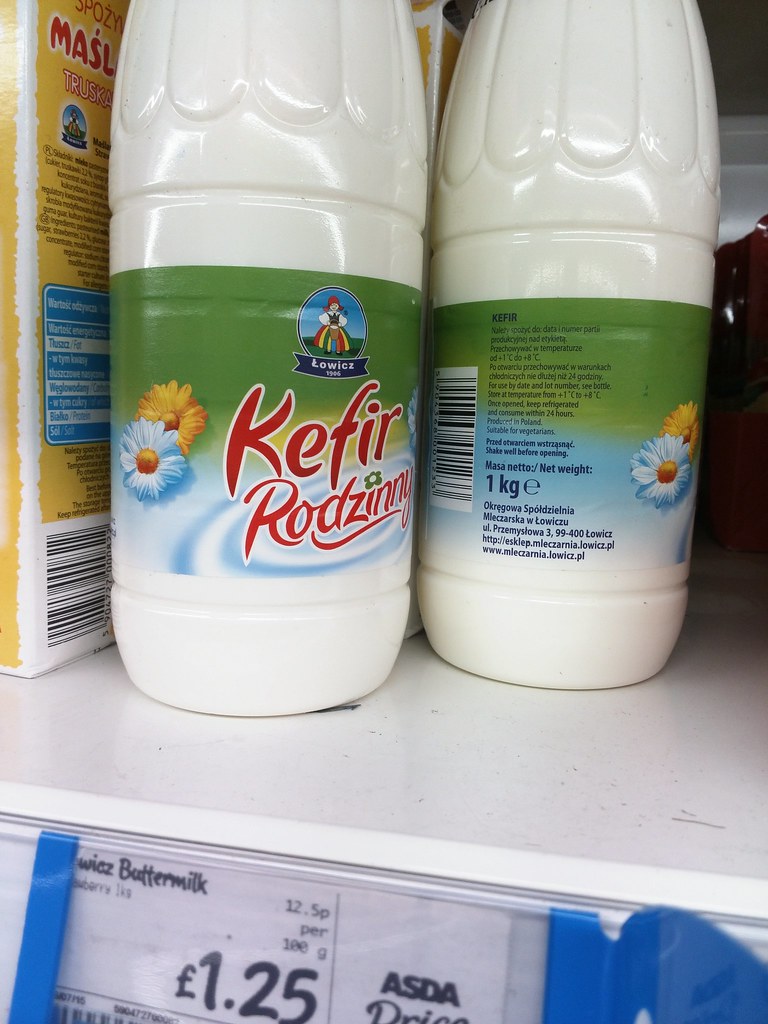You may have seen kefir while roaming through the dairy section of your local grocery store. On the surface, it just seems like a thinner, liquefied yogurt due to how similar they are. Both are chock-full of probiotics that are beneficial for our stomachs and digestive systems. Kefir and yogurt can also be used interchangeably in certain situations, such as in fruit smoothies or granola. Although yogurt is more popular in the US, when choosing between kefir vs yogurt there are a few key things you should consider.
Probiotic Content

The main difference between kefir and yogurt is that kefir contains three times the amount of probiotics as yogurt. The milk used to make kefir is fermented with a combination of 10 to 20 different types of probiotic bacteria and yeast, but the milk used to make yogurt is only fermented with a few. A higher probiotic count results in a lot more benefits for your digestive and immune systems. Kefir is also more sour yogurt due to all of these probiotics.
While yogurt doesn’t have as high of a probiotic count, it still has lots of health beneits. For instance, the probiotic bacteria found in yogurt feed the bacteria in your gut and help clean out the digestive system. This bacteria is known as transient bacteria and it passes through the digestive tract (the bacteria found in kefir colonize within the digestive tract.)
Thickness and Consistency

Yogurt also comes in a variety of consistencies, from really thick and creamy (like Greek or Icelandic yogurt) to thin and milkier (like Piimä)You can increase the thickness of both yogurt and kefir by draining whey from it. Doing this to yogurt will make it as thick as the Greek-style yogurts you see in the grocery store, and longer draining times will result in a type of yogurt cheese called labneh. Draining whey from kefir will create either a spoonable kefir, a soft, spreadable cheese, a cream cheese, or a hard cheese, depending on the length of the draining process.
If you’re currently standing in the dairy aisle debating whether to buy yogurt or kefir, know that both are incredibly healthy. If you prefer a thinner consistency and a tangier taste, I’d recommend drinking kefir. If you prefer a thicker, creamier consistency and a milder tang, go with yogurt instead.
However, if you ever have to take antibiotics, it would be best to drink kefir since it has a lot more probiotics than yogurt (antibiotics don’t know the difference between good and bad bacteria, so you’ll need to replenish your digestive system with probiotics.) Also, be careful of the flavored yogurt and kefir brands you see in the grocery store, as those tend to have a high sugar content. If you’re trying to eat really healthy, your best bet is to buy plain yogurt or kefir and add your own flavorings. Both your gut and your taste buds will thank you!

